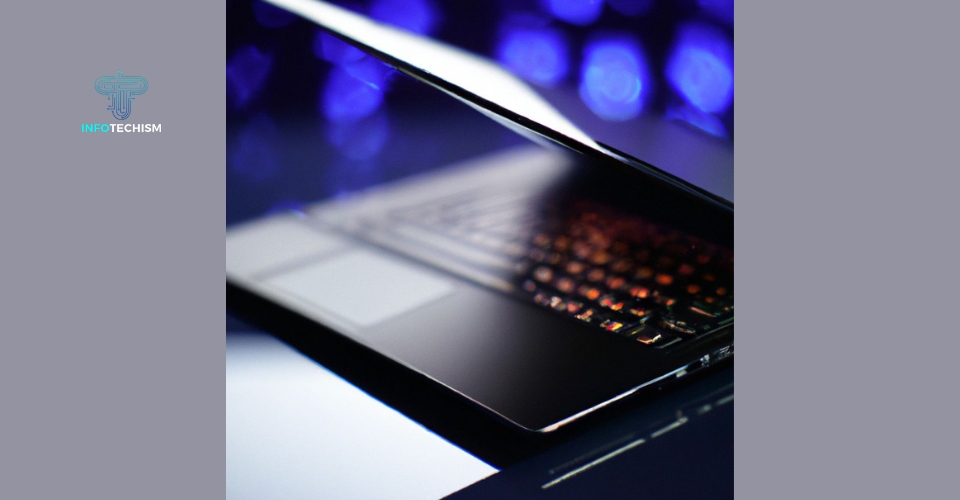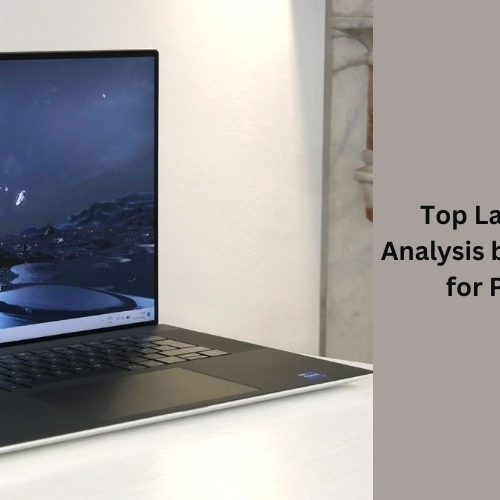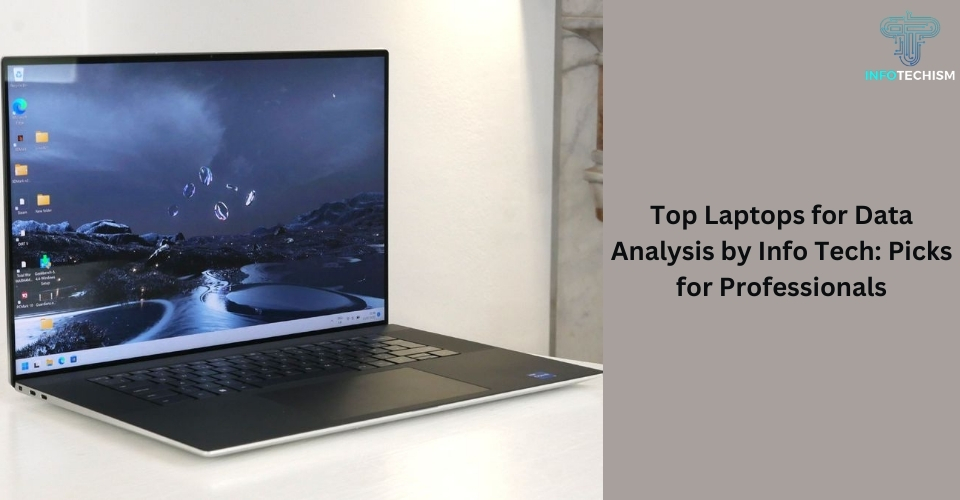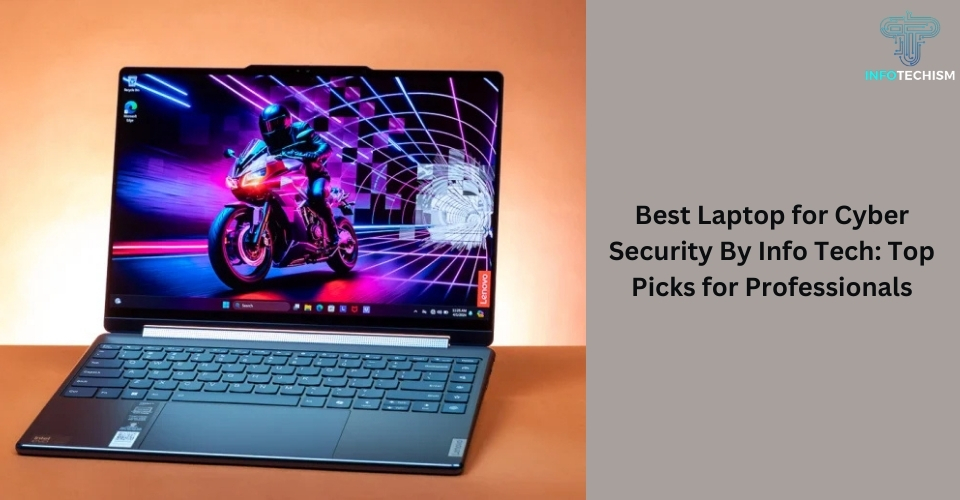Cybersecurity professionals require a powerful and secure workhorse to navigate the ever-evolving digital landscape. Whether you’re a seasoned security analyst or a student embarking on your cybersecurity journey, choosing the right laptop is crucial. This guide explores key factors to consider and highlights some of the best laptop for cyber security in 2024.
Essential Considerations for a Cybersecurity Laptop

- Performance: Running complex security software and virtual machines demands a robust processor. Aim for at least an Intel Core i7 or AMD Ryzen 7 processor with at least 8 cores for efficient multitasking.
- Memory (RAM): 16GB of RAM is a good baseline for smooth operation. Security professionals often juggle multiple applications, and ample RAM ensures smooth performance without lag.
- Storage: Solid-state drives (SSDs) offer superior speed and durability compared to traditional hard disk drives (HDDs). Opt for at least 512GB of SSD storage for a good balance of space and performance.
- Security Features: Built-in security features like fingerprint scanners, TPM (Trusted Platform Module) chips for hardware encryption, and webcam privacy shutters are essential for safeguarding sensitive data.
- Display: A high-resolution display (Full HD or higher) is ideal for extended periods of analyzing code or security logs. Consider an anti-glare coating if you frequently work in brightly lit environments.
- Portability: If you travel frequently, a lightweight and portable laptop with a long battery life is crucial. However, prioritize performance and security if portability is less of a concern.
- Operating System: Both Windows and macOS offer robust security features. Windows provides greater hardware compatibility for various security tools, while macOS offers a more user-friendly and secure environment.
Top Contenders for Cybersecurity Laptops in 2024
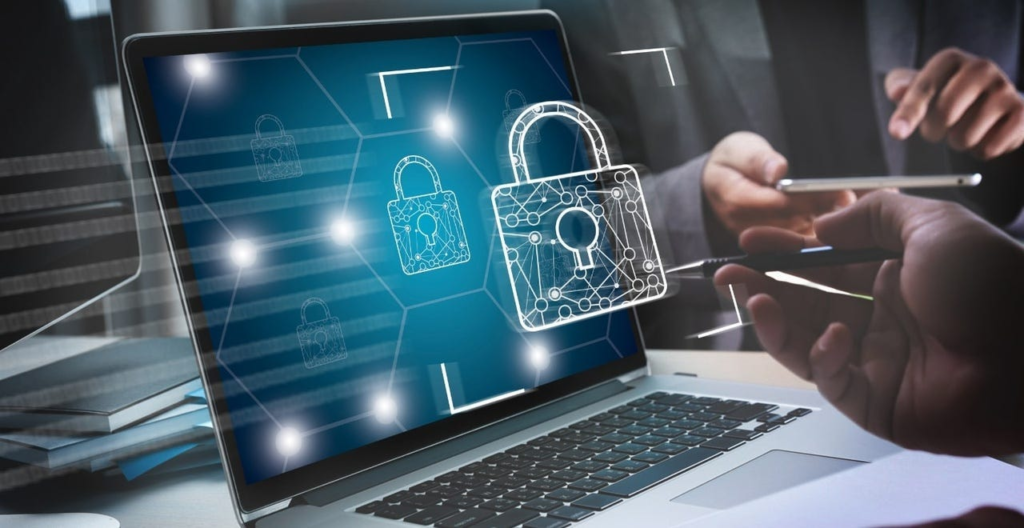
Here are some of the best laptops for cybersecurity professionals and students, catering to different needs and budgets:
- Lenovo ThinkPad X1 Carbon Gen 10: A perennial favorite, the ThinkPad X1 Carbon offers exceptional build quality, a comfortable keyboard, long battery life, and top-notch security features like fingerprint readers and TPM chips. Its lightweight design makes it highly portable.
- Dell XPS 15: This sleek and powerful laptop boasts a stunning display, powerful processors, and ample RAM. Dell offers security features like fingerprint readers and optional privacy guards for webcams. While on the heavier side, the XPS 15 is a great choice for those prioritizing performance and security.
- Apple MacBook Pro 16-inch: For those entrenched in the Apple ecosystem, the MacBook Pro 16-inch offers exceptional performance with Apple’s M1 Pro or M1 Max chips. The macOS offers a robust and secure environment, and the build quality is top-notch. However, Apple laptops tend to be costlier and may have limited compatibility with some security tools.
- HP EliteBook 840 G9: HP’s EliteBook series caters specifically to business professionals. The 840 G9 is a secure and durable option with built-in HP Wolf Security features for comprehensive endpoint protection. It offers a good balance of performance, security, and portability.
- Microsoft Surface Laptop Studio: This innovative laptop from Microsoft boasts a unique hinge design and a powerful processor. While security features are not as extensive as some competitors, Windows 11 offers robust security options. The Surface Laptop Studio is a great choice for those who prioritize aesthetics and a unique user experience.
- ASUS ROG Zephyrus G14: While primarily a gaming laptop, the ROG Zephyrus G14 packs a punch with its powerful AMD Ryzen processors and Nvidia GeForce RTX graphics cards. This can be beneficial for running resource-intensive security software or virtual machines. However, its focus on gaming may not translate to all cybersecurity needs.
- Dell G15 Gaming Laptop: Similar to the ROG Zephyrus G14, the Dell G15 offers exceptional performance at a competitive price point. It boasts powerful processors and graphics cards, making it a good choice for users who require raw processing power. However, security features may not be as comprehensive as business-oriented laptops.
- Acer Aspire 5: For budget-conscious students or those just starting their cybersecurity journey, the Acer Aspire 5 offers a good balance of affordability and functionality. While not the most powerful option, it can handle basic cybersecurity tasks with its decent processor and RAM.
Choosing the Right Laptop for You
The best laptop for cyber security depends on your specific needs and budget. Consider the type of security work you’ll be doing, how important portability is, and your preferred operating system. By prioritizing your requirements and evaluating the options based on the factors mentioned above, you can select the best laptop to power your cybersecurity endeavors.

